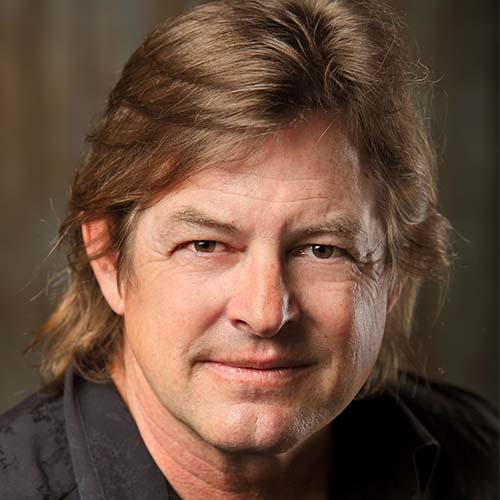Visiting Poets
Richard Jarrette
Richard Jarrette’s debut collection, Beso the Donkey, prompts wonder, laughter, tears, and has won high praise. A poetry cycle about a wounded and abandoned jackass and his caregiver’s attempts to understand and heal him, this “profound, grave, and original book investigates all being, and all attention, through one scarred, silent, four-footed master of the pasture,” writes Jane Hirshfield. She goes on to confess being “totally taken and altered by these spare, wise, hauntingly conceived, brilliantly crafted poems.”
Beso took W.S. Merwin “completely by surprise…and the poems he summoned are our singular good fortune.” With tenderness and amplitude, the speaker observes the wounded and neglected Beso, and looks into the well of self. Each poem is a gently heart-stopping stopping-place, a stillness, a station of the cross—of grief and of nourishment.
In addition to publishing individual poems in journals, Jarrette has written a screenplay, Better Stuff, and is at work on another, as well as a second book of poems. He is a psychotherapist with nearly forty years of experience specializing in abused, damaged, and neglected adults, teenagers and children. He directed an alcohol and drug recovery treatment center as well as a counseling center adjacent to the San Quentin State Prison for families of inmates. Jarrette attended USC-UCLA and The Fielding Institute and holds degrees in clinical psychology and in English. He lives in Los Olivos, California.
Select Poems
lives out his days in a small pasture.
He appears stoic in the rain
and stands still
beneath the merciless sun.
You could almost believe that a rock
to eat, dust to drink
are all that he needs.
You would be more wrong
than the one who named him Beso
thinking that the kiss he gave
for a sliver of apple
was love.
Beso and his old wounds age
far from the wild herd.
I offer gentle brushing
but he pulls away.
The many good things I share
are never enough.
He attends equally to my
kind words and bees.
It’s when I don’t want anything
that he drifts near.
thrown away.
I would cover my ears and weep,
bent with grief
if he began to sing
like Orpheus.
Would it still be
a human being,
swollen with hearing,
that survived his song?

